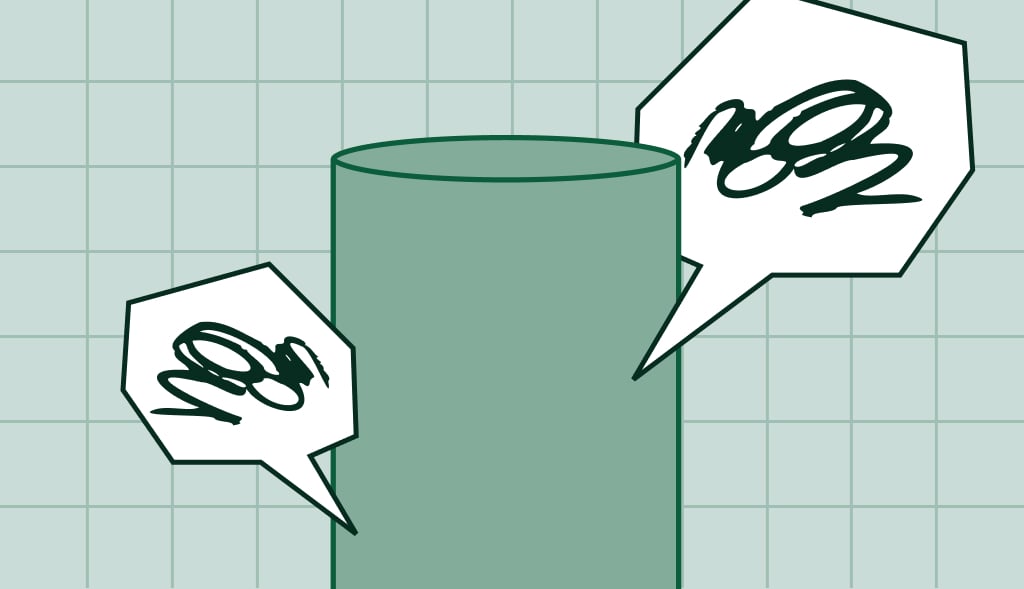Noisy Water Heater: Causes, Solutions, and Preventative Tips

When persistent noises such as banging, cracking, popping, or rumbling occur in your water heater, flushing the tank can often resolve the issue. However, if these noises continue, a technician should be consulted. Constant sounds may indicate a more complex or severe problem within the tank, and your entire system may need to be replaced. However, understanding the common causes of water heater noise, how to address them, and how to prevent future problems can bring relief. You can also upgrade your water heater by adding a powered anode rod, ensuring quiet and efficient operation.
NOTE: If your hot water heater is older and needs to be replaced soon, we advise you to consult a professional when dealing with any persistent sounds. Flushing the tank or any other home repair may cause further damage to your hot water system and pose serious risks to your home.
Potential Dangers of a Noisy Water Heater
Not all noises are harmless; persistent noises, especially popping or banging, may indicate significant sediment buildup. Ignoring these sounds can lead to:
- Overheating and potential damage to the tank
- Reduced efficiency and higher energy costs
- A shorter lifespan for your water heater
Common Water Heater Noises and Their Causes
Popping or Rumbling Sounds
Cause: These noises are typically due to sediment buildup at the bottom of the tank. When water heats, steam bubbles form under the sediment and burst, creating a popping or rumbling sound.
Solution: Regularly flushing your water heater can remove sediment and restore quiet operation.
Humming Noises
Cause: A loose heating element often causes humming noises. As water flows around the component, vibrations create this sound.
Solution: Tightening the heating element can reduce or eliminate the humming.
Knocking or Banging Sounds
Cause: Known as water hammer, these sounds occur when water flow is suddenly stopped, creating a pressure shockwave.
Solution: Installing a water hammer arrestor can mitigate this issue.
Screeching or Whistling Sounds
Cause: These noises are often due to a partially closed inlet control valve restricting water flow.
Solution: Ensure all valves are fully open to allow proper water flow.
Upgrade with a Powered Anode Rod: Protect your tank and reduce noise with this advanced solution.
Tired of the Noise? Get the Quiet You Deserve Now!
Done with the noise? Corro-Protec’s powered anode rod is a direct, effective solution that tackles the root cause of the problem. Eliminate the guesswork, stop the noise, and enhance the performance of your water heater. Choose Corro-Protec to quieten your noisy water heater.
Preventative Maintenance & Tips
- Flush Your Water Heater: Remove sediment by flushing the tank at least once a year.
- Inspect Valves: Ensure all valves are fully open and functioning correctly.
- Professional Inspections: It’s important to schedule annual maintenance with a qualified technician. This can help identify potential issues before they become major problems.
Specific Concerns for Different Water Heater Types
Heat Pump Water Heaters
Noise Levels: These units often produce noise levels comparable to a refrigerator hum (40 to 50 decibels) but can reach up to 60 decibels during peak operation.
User Experiences: While generally efficient, some users report noticeable noise, especially during colder months.
Electric Water Heaters
Common Noises: If sediment covers the heating elements, hissing sounds may occur.
Solution: Flushing the tank can help reduce noise and improve efficiency.
Gas Water Heaters
Everyday Noises: Popping sounds due to sediment buildup are common.
Solution: Regular maintenance, including tank flushing, can prevent these issues.
Adding a Powered Anode Rod to Your Hot Water Tank
A powered anode rod is an innovative upgrade that can help reduce noise, prevent future issues, and extend the life of your water heater. This advanced solution can give homeowners a sense of security, knowing that their water heater is protected and operating quietly.
How a Powered Anode Rod Works
A powered anode rod uses an electrical current to neutralize corrosive elements in the water, protecting the tank lining and other metal components. Unlike traditional sacrificial anode rods, powered rods do not deteriorate over time.
Benefits of Installing a Powered Anode Rod
Corrosion Prevention protects the tank from rust and extends its lifespan.
Reduced Sediment Buildup minimizes sediment accumulation, a primary cause of noisy operation.
Lower Maintenance: There is no need for regular replacement like traditional rods.
Eco-Friendly: Reduces waste by extending the life of your water heater.
How It Reduces Noise
Existing Noise: A powered anode rod can reduce popping or rumbling sounds caused by sediment.
Future Noise: Preventing sediment and corrosion helps maintain a quieter operating environment over time.
Installation
Adding a powered anode rod to your hot water heater is reasonably straightforward. Follow these installation instructions to complete it. If you are unsure or unable to complete it, contact a licensed technician to install the rod. This simple upgrade can significantly reduce noise and improve efficiency.
Frequently Asked Questions
Popping sounds are usually caused by sediment buildup at the bottom of the tank. When water heats, steam bubbles form under the sediment and burst. Flushing the tank will often resolve this issue.
Not all noises are dangerous, but persistent noises may indicate underlying problems, such as sediment buildup or a malfunctioning component. If noises persist after maintenance, it is best to consult a technician
Yes, a powered anode rod can help reduce noise by preventing sediment buildup and corrosion, which are common causes of noisy operation.
Flushing your water heater at least once a year will remove sediment and maintain optimal performance.
If noises persist after flushing the tank, consult a professional technician. A more complex issue may require attention.
Heat pump water heaters are noisier than electric or gas models, with noise levels similar to refrigerators. Proper installation and maintenance can minimize operational noise.
Blog
Cloudy Hot Water? Fix It In 15 Minutes!
Why is my Hot Water Cloudy? Have you ever been in this situation? You turn on the hot water, and water splashes around and the […]
What Causes Too Much Pressure in a Hot Water Heater?
It’s important to maintain the correct pressure in a hot water heater for efficient performance and safety. But what happens when the pressure gets too […]

